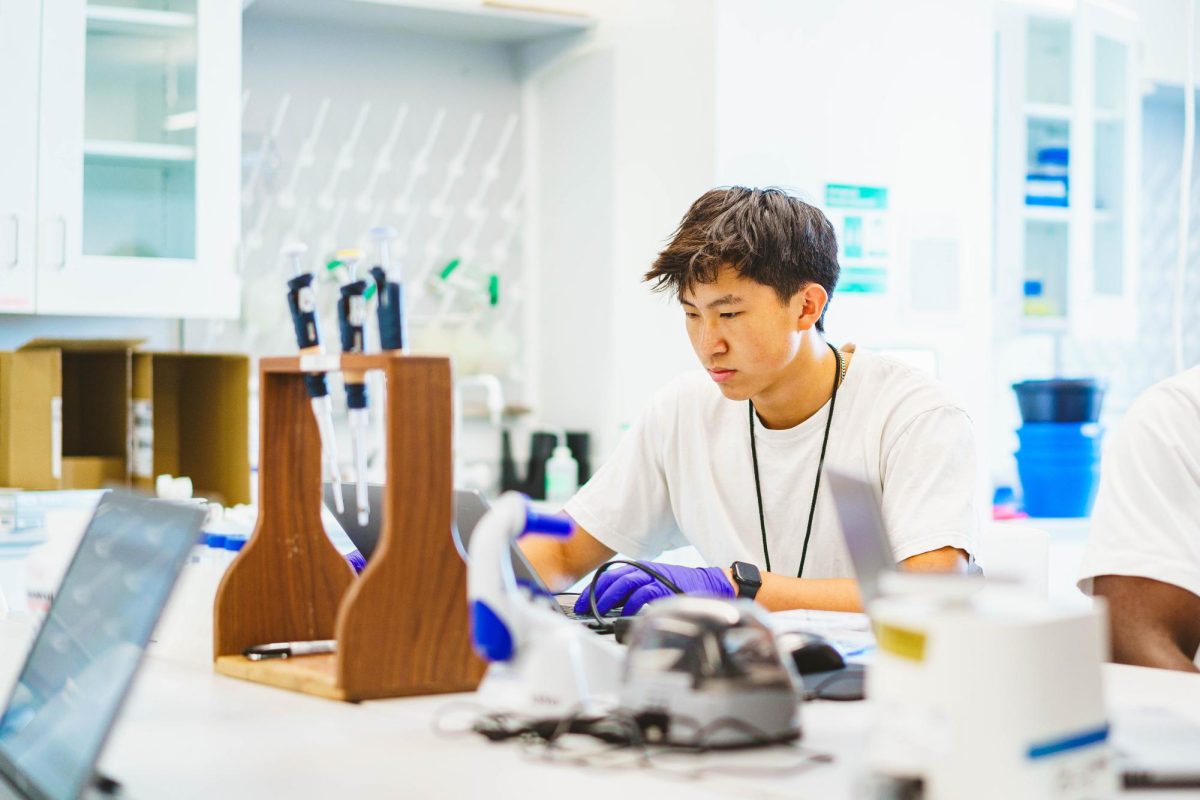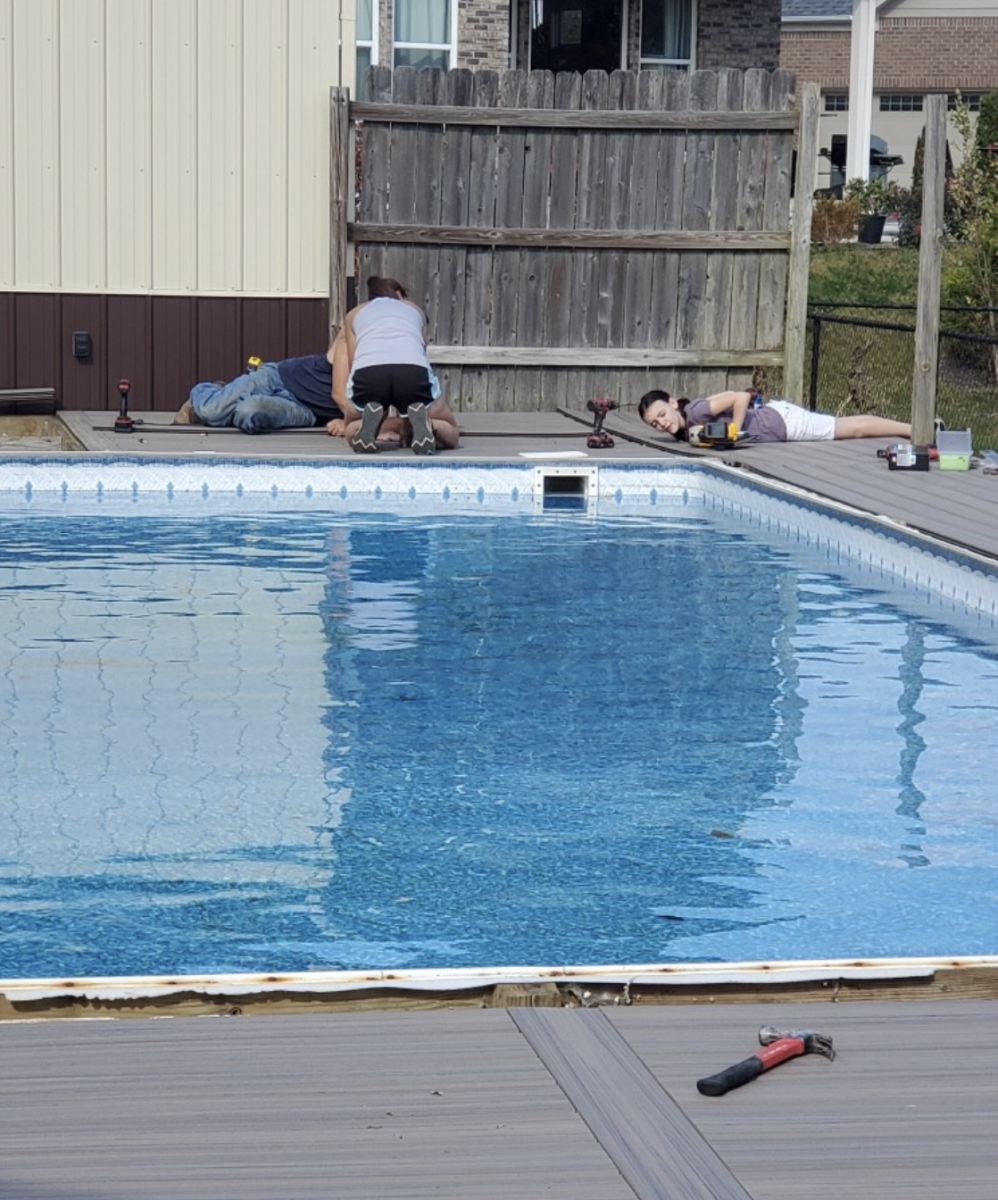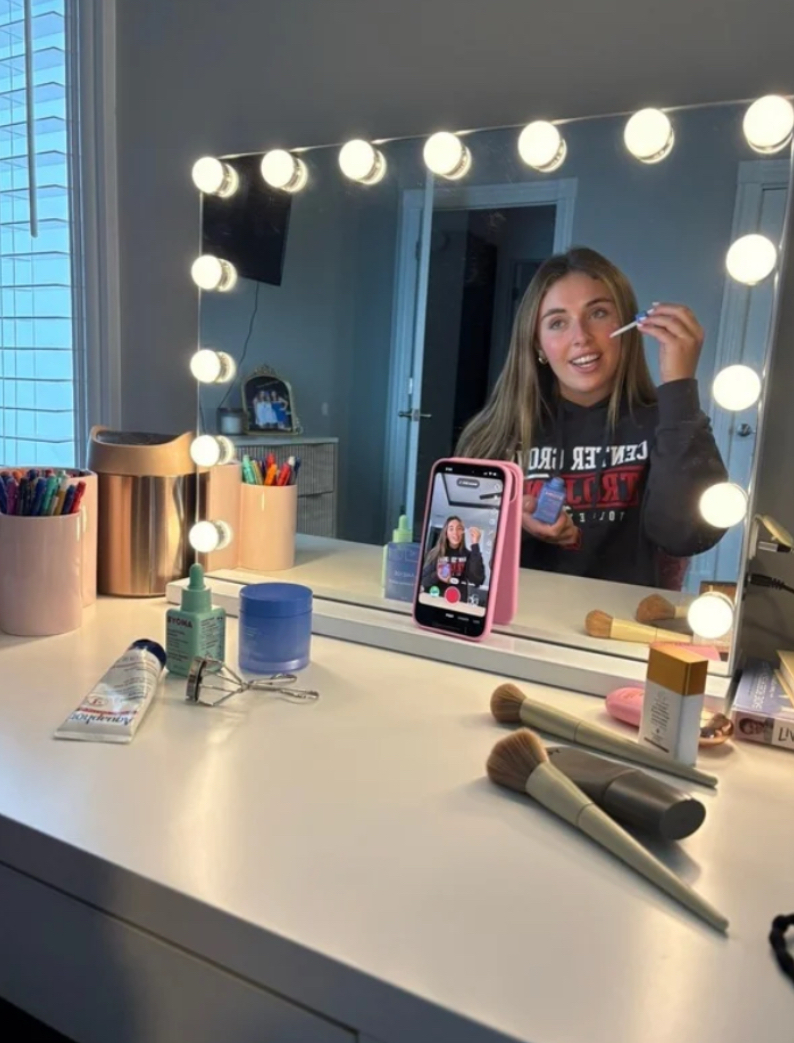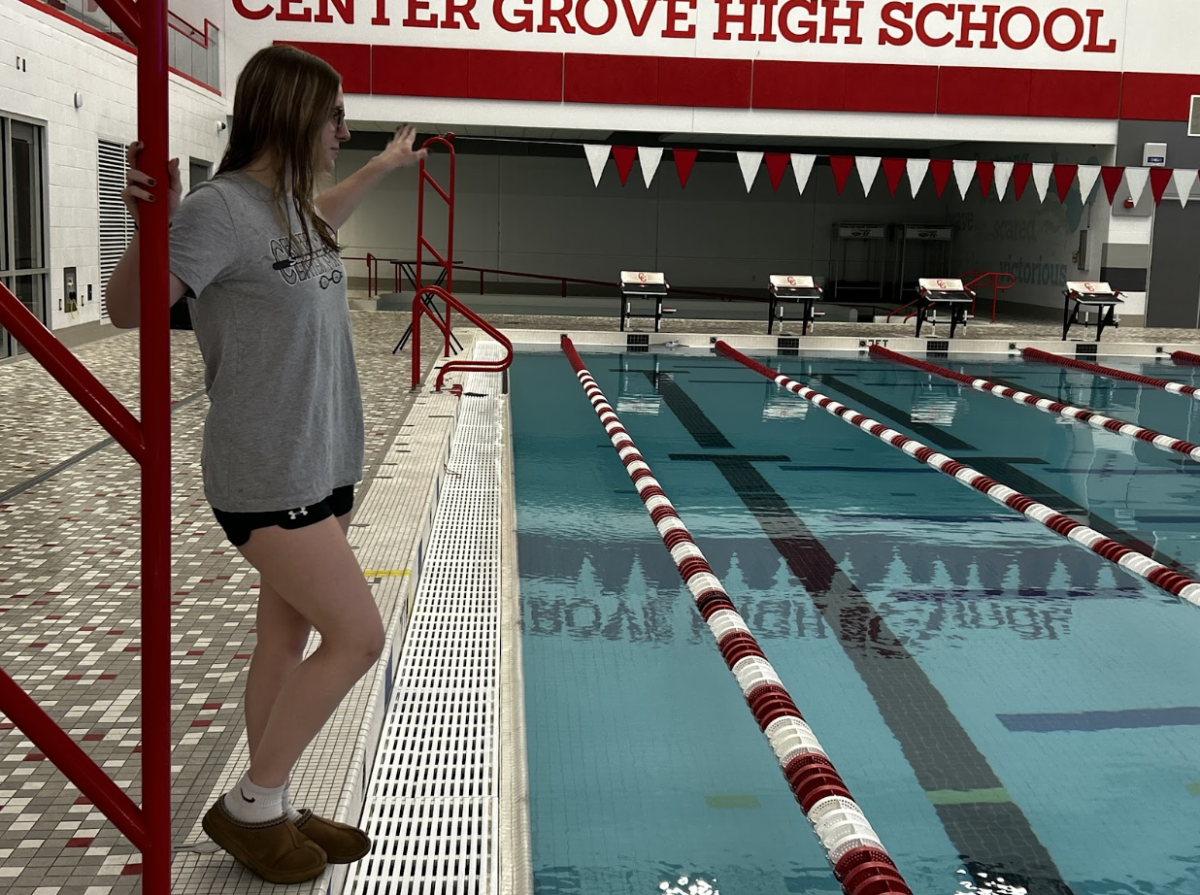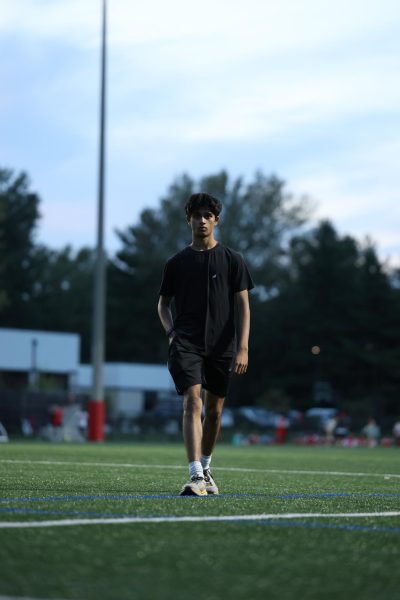A field of barley baking in the harsh rays of the midwestern sun and a pristine laboratory at Purdue West Lafayette’s campus don’t have much in common. Neither does a high school biology class and one of the most respected biochemistry programs in the nation. Yet, as senior Ryan Zheng lowers his microscope to study the proteins of a fungal pathogen, these worlds collide, putting into perspective the opportunity he has received by enrolling into the Summer Science Program at Purdue University.
The Summer Science Program at Purdue, also known as SSP, is a biochemistry program for high school students, where Zheng took part in laboratory experiments and lectures relating to biochemistry on Mondays, Tuesdays, Thursdays, Fridays, and Saturdays for six weeks during the program.
The program tasked Zheng to solve real-world problems regarding crop health as part of his research.
“The purpose of the research was regarding fungal pathogens,” Zheng said. “Fungal pathogens infect plants and, depending on the pathogen, it will cause diseases. Our [pathogen of study] was something called rhynchosporium commune. It’s a fungal pathogen that infects gramineous plants. Gramineous just means it has the same morphology as grass, such as barley, which is an important agricultural crop. It’s a pretty big deal.”
Zheng’s main focus during the study was to target Cdc14, an enzyme that is responsible for cell growth and therefore a pathogen’s virulence, or rate of infection. Through this program, Zheng and his labmates were able to design experiments to innovate a way to combat these pathogens.
“There are already pesticides and fungicides for these fungal pathogens, but the problem with that is that these fungal pathogens can easily create resistance to them, so there’s a constant need for new [treatments],” Zheng said.
Apart from the knowledge and experience he gained from his program, Zheng also had the opportunity to work with students and professors from around the world, contributing to a diverse and collaborative learning environment.
“Everyone there was really collaborative and friendly, and it was fun to be around those people,” Zheng said. “Our professors and TAs were really helpful people. Our academic director was a Harvard alum and was able to provide deep insights about our project. We had TAs that were graduate students, so they knew their biochemistry. There was a lot of stuff we didn’t know because it was graduate level stuff, but the TAs were always there to help us, so they helped us through the whole experience.”
In the future, Zheng plans to pursue a degree relating to biology or chemistry along the pre-med route, and said that this program was a crucial step to gaining experience in those fields, and could be for students in the future.
“It’s a great experience. If you’re a rising junior right now, I’d definitely say get involved with it, because it’s an experience of a lifetime,” Zheng said. “I would say that you’re not going to know everything, and there are always going to be people out there who have something you don’t, so don’t be afraid to ask for help.”


